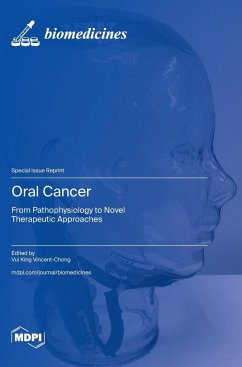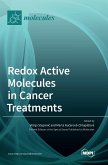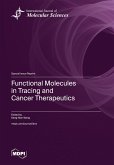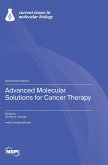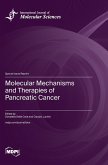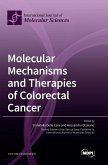Oral cancer is a commonly occurring head and neck cancer, with 90% of cases diagnosed as oral squamous cell carcinoma (OSCC). Histologically, OSCC is derived from a multistep mechanism known as oral carcinogenesis, which progresses from normal epithelium to hyperplasia, followed by dysplasia and carcinoma in situ, and precedes the development of invasive squamous cell carcinoma. This multistep mechanism is characterized by mutations related to copy number alteration and epigenetic modifications. Precision medicine based on genomic profiling is also becoming more prevalent. It relies on the genetic information of individual patients or specific cancer cells and how their genes interact with each other and the environment. This method can potentially provide more effective treatment strategies as approaches can be customized for the specific genetic profiles of patients. Completing the TCGA HNSCC database has led to the development of new therapeutic approaches and targeted therapies. Lately, immune checkpoint inhibitors have been recognized as one of the standards of care in HNSCC. However, although treating invasive SCC is crucial, implementing prevention strategies to preclude malignant transformation has been useful in clinical management. Topics of interest for this Special Issue include, but are not limited to: Precision medicine, i.e., targeted therapies that inhibit oral carcinogenesis and tumorigenesis mechanisms; Combination of novel therapeutic approaches with standard-of-care regimens in OSCC; Biomarkers, i.e., predictive and prognostic markers for therapeutic approaches.
Hinweis: Dieser Artikel kann nur an eine deutsche Lieferadresse ausgeliefert werden.
Hinweis: Dieser Artikel kann nur an eine deutsche Lieferadresse ausgeliefert werden.

